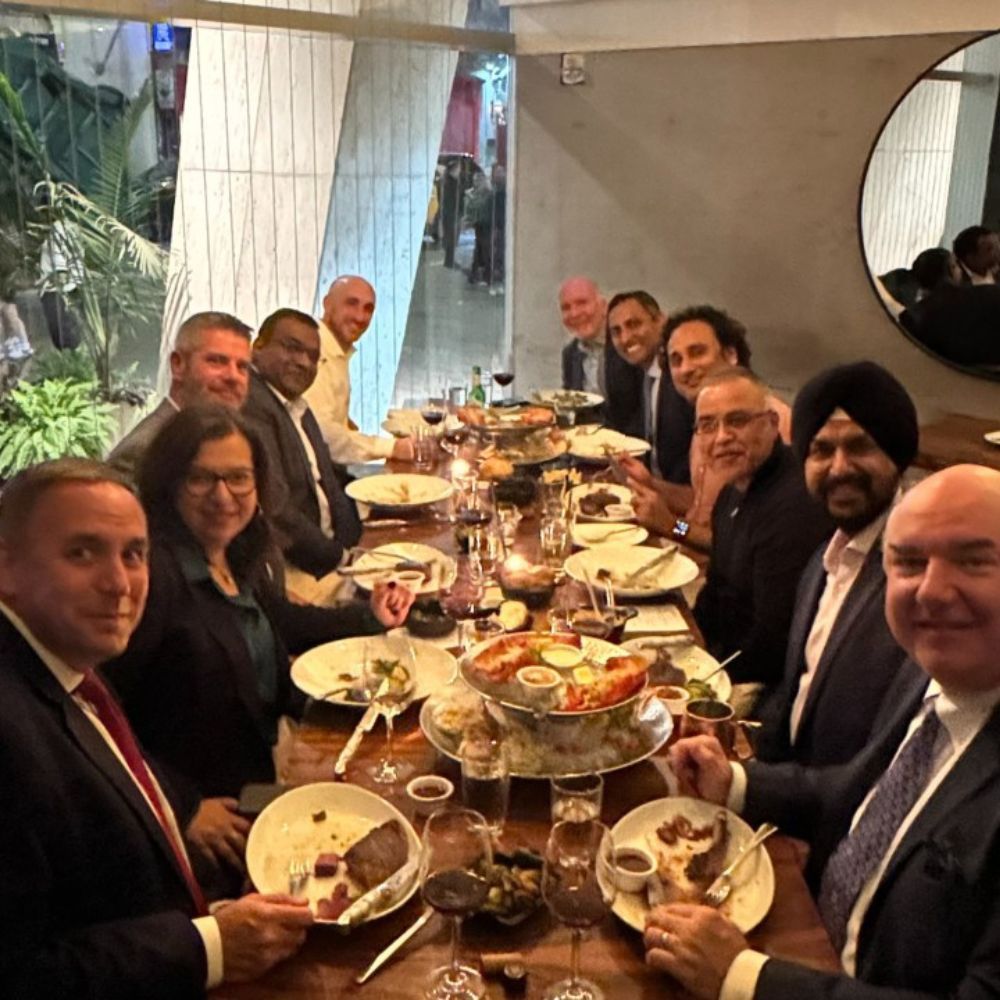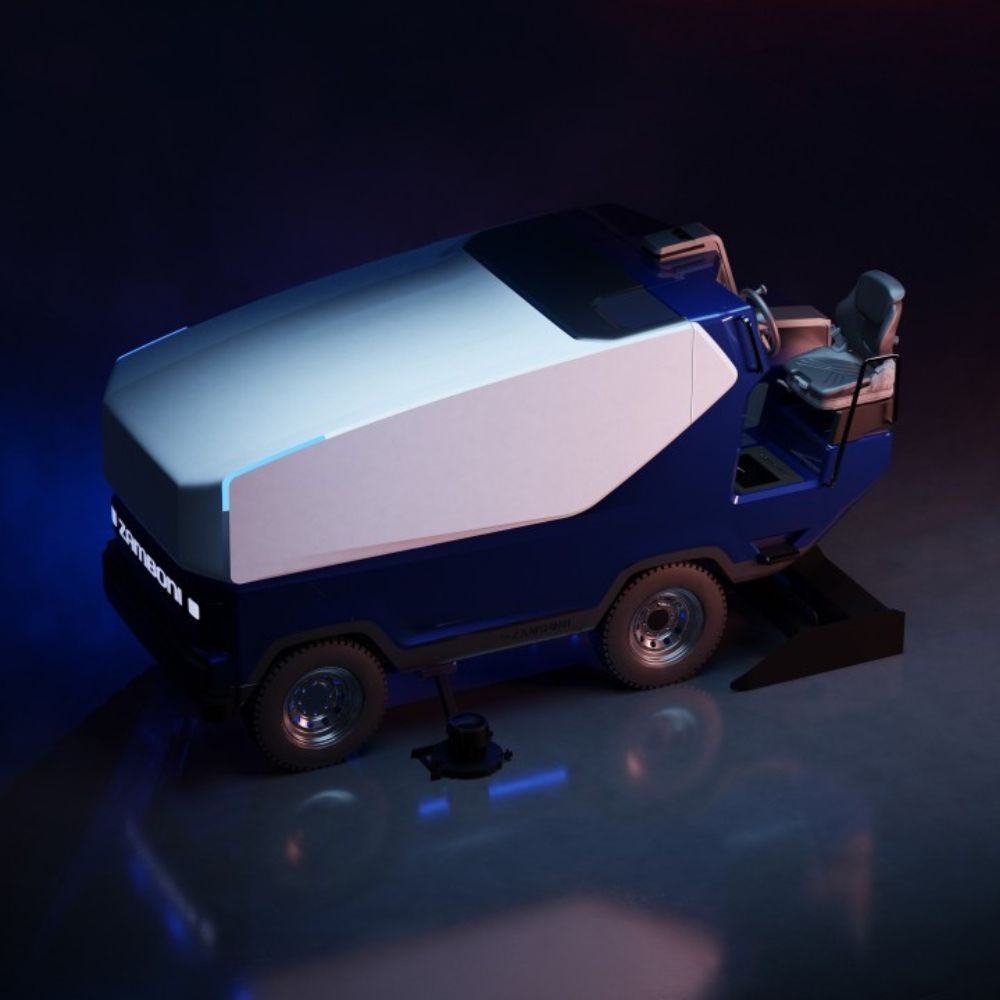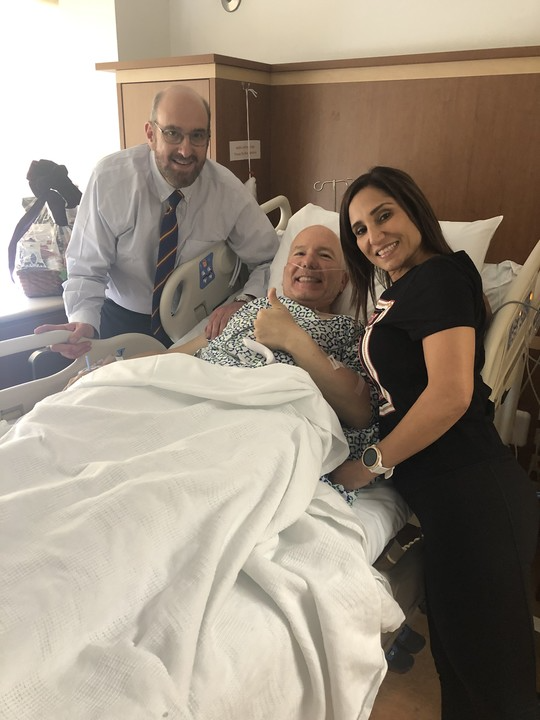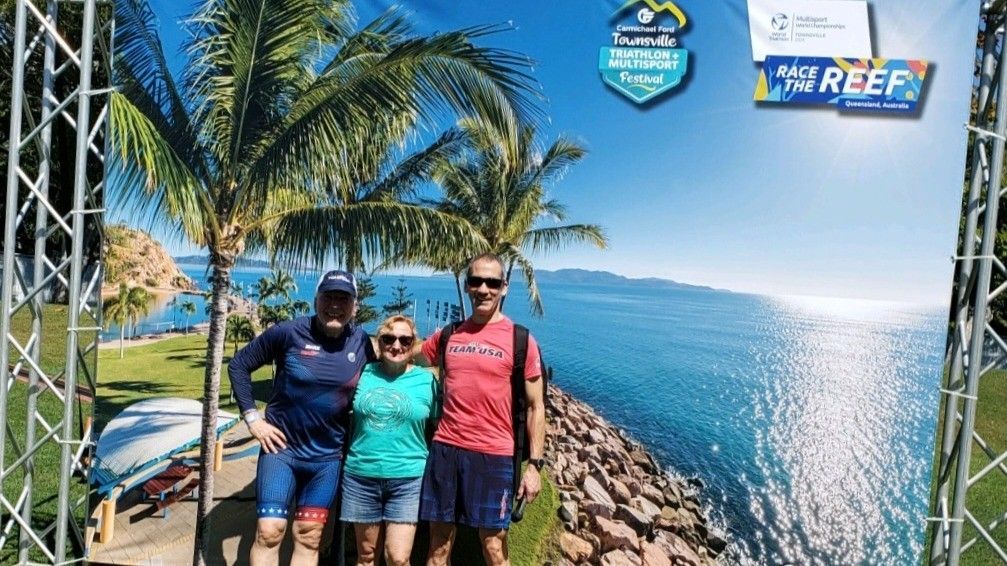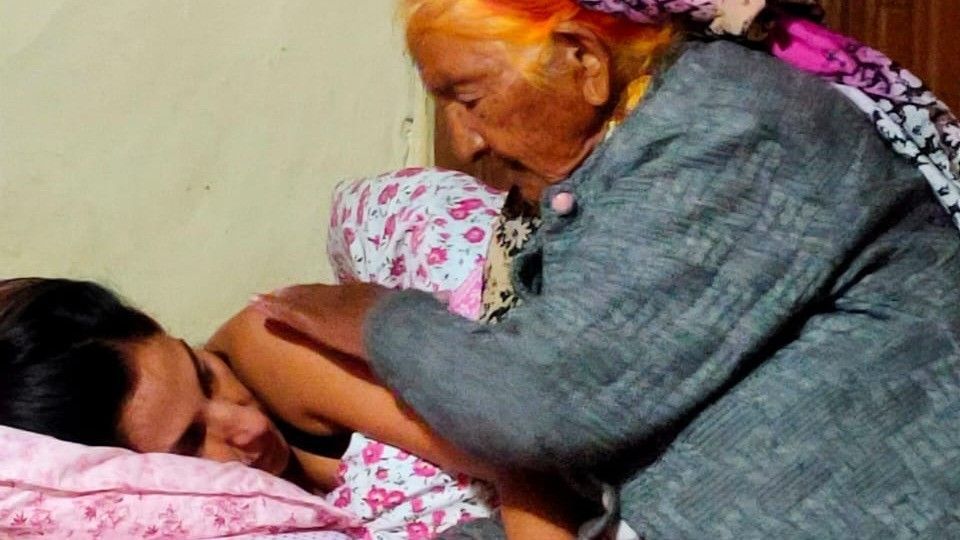Brooke's Story | Experience Trumps Policy

Experience is not a program. Experience is not a department nor is it a title.
Despite structure, conferences, podcasts and philosophy, we must and can do more.
For Experience to move from rhetoric to action, authority to accommodate patients and families must be transferred to those serving at the bedside. In the trenches, where tears are shared. In the moments, where joy is expressed. In wards, where patients lay and families huddle.
New Paragraph
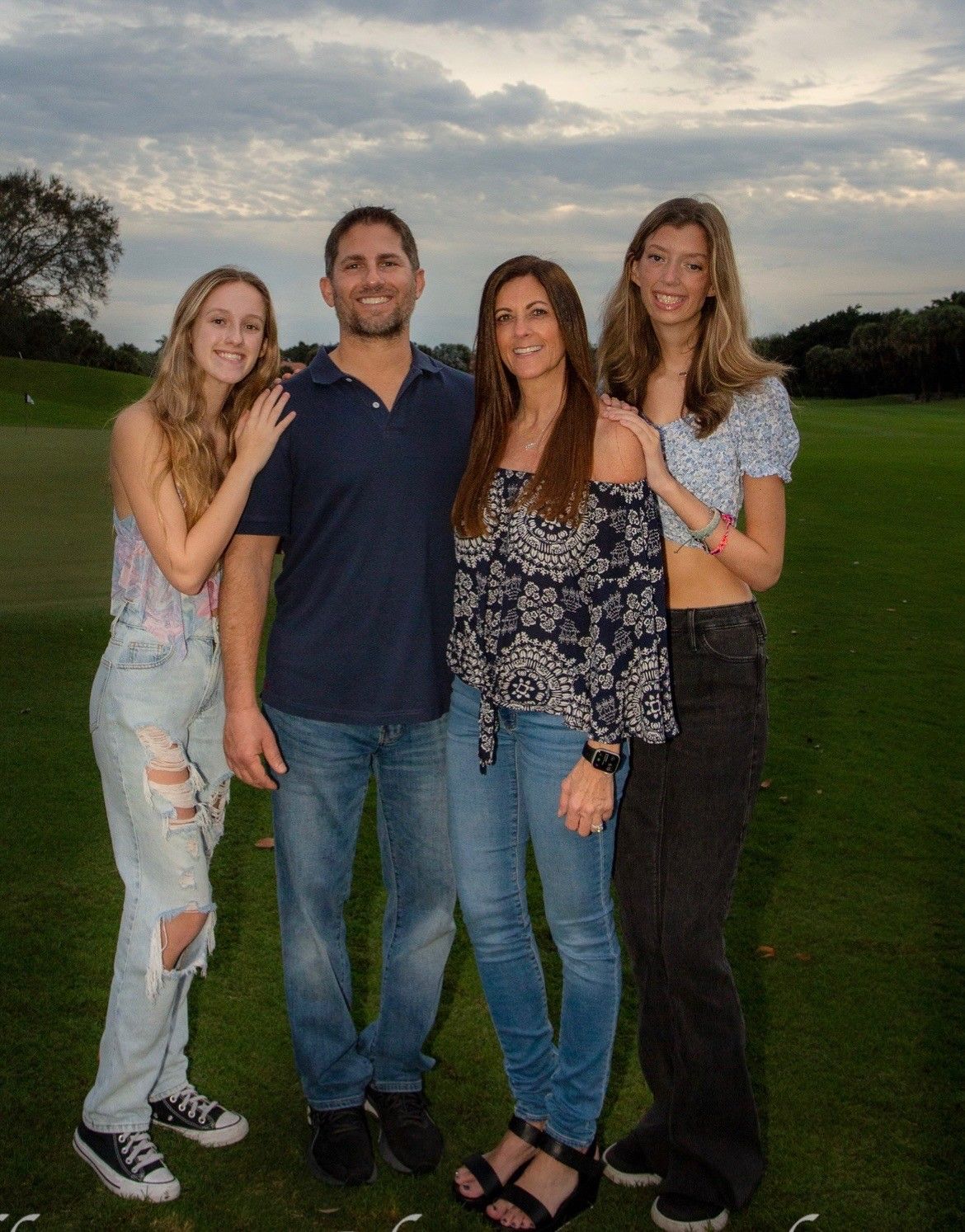
Since Brooke recently turned 18, Matt & Jill were informed that mom would not be allowed to spend the night with their daughter. Hospital policy mandated that parents can only spend the night with children, those under 18 years of age. Even though Brooke was just days over the age limit and undergoing a life-or-death surgery, they were not allowed to stay. They knew in their hearts, leaving was not an option.
The hospital managers were well-intended following policy. Clearly patient and family experience were secondary. They feared disciplinary repercussions if they overrode policy. They were not empowered to overrule non-clinical policy when it conflicted with experience. The family was devastated and almost forced to cancel the life extending surgery. They phoned a friend.
I met Matt in 2015 through a mutual friend. Jared and I served together at NYC Health & Hospitals. When I needed a personalized wedding band created, Jared told me about his college bestie, an executive for a high-end jewelry company. A few days later, Matt and I met and we designed a custom ring for my future bride. It was spectacular. While we did not spend routine time together, a bond was forged that unknowingly would come full circle.
When the perennial top major academic medical center denied his family’s request for Jill to stay the night with Brooke, Matt called Jared who then called me. Thankfully, I knew the CIO. He understood and immediately put me in touch with the chief patient experience officer who then connected with Matt. Jill spent the night with Brooke. It was important and necessary. It was an integral part of the clinical care. We were all thankful for the immediate and positive response. The surgery was successful, extending Brooke's life a couple more years, allowing her to attend university.
What is it like for patients and families who don’t have anyone to call on for help?
Brooke is one reason Cris Ross and I wrote "Diagnosed". It is a handbook. An insider's guide to successfully maneuver your healthcare journey. It is a hand you can hold to help ensure a good patient and family experience regardless of zip code or hospital. Your friend to phone.
For those who serve in healthcare, the companion booklet is for you. Simply titled “Patient Experience”, it contains five best practices any hospital can adopt for immediate impact. It includes Brooke’s story. The booklet represents all the Brooke like patients and families in our hospitals.
Team. Even individual sport athletes know nothing is possible without the broader team. This especially hit home when we spent time with reigning Special Olympics all-around female gymnast champion Chelsea Werner. Her resume reads like Simone and in fact they are fast friends. Chelsea and her mom shared all the support they have to make it possible for her to travel and compete globally representing TeamUSA. We all need someone. Many someones. Gold.
I know the Olympics are full of stories like these. I know there are many more. There are stories as bold as these that play out every day in our sacred service in healthcare. While no medals are won or anthems sung, we collectively make daily miracles in the lives of our patients, families and communities. Life shrinks or expands in proportion to one’s service.
The body content of your post goes here. To edit this text, click on it and delete this default text and start typing your own or paste your own from a different source.
